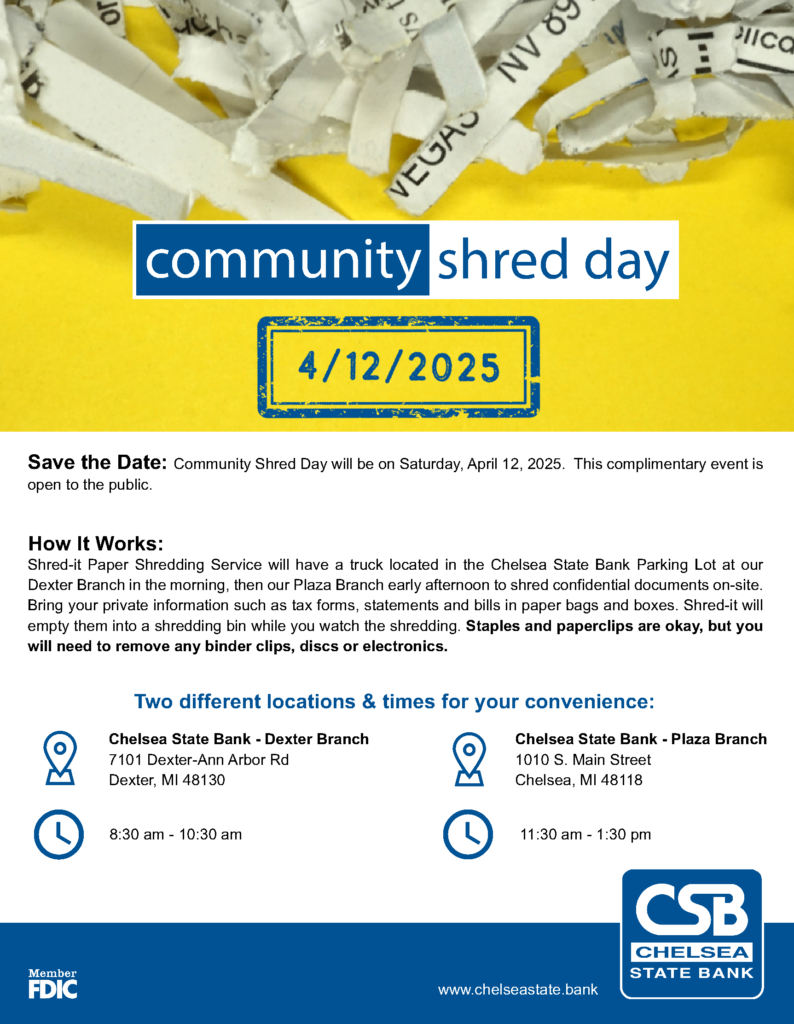 Saving a down payment is one of the most important—and often most challenging—aspects of buying a home, especially for millennials. Unfortunately, many millennials struggle with getting a down payment together. In a 2017 Zillow survey, nearly 70 percent of renters said saving a down payment was the biggest hurdle to buying a home.
Saving a down payment is one of the most important—and often most challenging—aspects of buying a home, especially for millennials. Unfortunately, many millennials struggle with getting a down payment together. In a 2017 Zillow survey, nearly 70 percent of renters said saving a down payment was the biggest hurdle to buying a home.
Starting in 2018, parents who are married and file a joint return can gift up to $30,000 per child for a mortgage down payment, without incurring the gift tax. Another family member, such as grandparent or aunt, can gift up to $15,000 before the gift tax applies. As you plan your mortgage down payment, it’s important to discuss the potential tax implications with the person or persons who are planning to gift the money to you to ensure that they’re not at risk of increasing their tax bill.
If you’re ready to become a homeowner, asking mom and dad to help is an option. However, while down payment funds can be gifted, there are certain rules that must be followed when using a gift for a home down payment.
Know Your Mortgage Type For Required Down Payments
The amount of down payment gifted funds typically depends on the type of mortgage loan involved. Here’s what you need to know:
- If you’re getting an FHA loan with a 3.5 percent down payment, for instance, the entire down payment can be a gift.
- For a conventional Fannie Mae or Freddie Mac loan, the entire down payment can only be a gift if you’re putting down 20 percent or more of the home’s purchase price. If your down payment is less than 20 percent, some of the money has to come out of your own pocket.
How to Write a Payment Gift Letter
Once you’ve worked out how much of your down payment funds can be gifted, the next step is writing a payment gift letter. This is required by the lender any time part or all of your down payment is a gift. While there’s a specific process for writing the letter and documenting the gift, there’s no standard form for the letter. It will need to include:
- Name and address of the person making the gift
- The dollar amount of the gift
- Address of home being purchased
- Relationship to person providing gift
- Source of money: e.g. Checking, IRA, Savings Bonds
- A clear explanation that the money is a gift — not a loan
Remember, using a gift for a home down payment is only allowed if they are from family members, not friends. Other options include inheritance and using remaining college money from a designated fund.
With respect to inheritance, key points to consider when a homeowner dies — someone is going to inherit their house as defined by the law.
- If the deceased owner left a will, that document should spell out who gets the home.
- If they died intestate or without a will, then their assets are divided according to their state’s laws of intestate succession, based on marital and blood ties.
Depending on the situation, the heirs to the house may want to sell it and split the money, or one heir may want to purchase the home from the other beneficiaries. No matter the case, the individual is buying the house from the family estate. If there are three heirs and one wants to buy the home, that one heir already owns one-third interest, and only has to come up with two-thirds of the value to secure ownership.
Transition College Funds for Home Down Payment
A leftover college fund can also be a source to purchase a home, but it is a bit complicated for a parent setting up a 529 College Savings Plan for their child.
According to Finance – Zacks.com, a 529 college savings plan pays expenses incurred while attending school. If a house is purchased during college years, and a parent pays the mortgage on this property, the student doesn’t incur this expense. In this case, using tax-free funds from the 529 plan to pay your mortgage can raise red flags and trigger problems with the IRS, but there are a few exceptions.
To avoid this problem, a parent can purchase a house in parent’s name and charge their child rent while he or she attends college. Rent is a qualifying tax-free expense under a 529 plan. Thus, you can take tax-free withdrawals from the plan and use these funds to pay your child’s monthly housing expense.
When looking at different means to gathering a down payment for a new home, using a gift, inheritance or remaining college funds for your down payment are all something to consider. However, you will want to consult with your attorney and tax advisor on all the issues related to this form of down payment.




